Charles Pakana (VAN):
Joining me today on the Referendum 23 Tapes podcast is the CEO of the Federation of Victorian Traditional Owner Corporations, Paul Paton. Paul, thanks for joining us on the podcast today.
Paul Paton, CEO of the Federation of Victorian Traditional Owner Corporations:
Thanks for having me, Charles.
Charles:
Paul, a little bit of an overview. Let’s just position the federation, what’s its role in the landscape of Victoria?
Paul:
Okay. Well, federation is a traditional owner body that advocates for the rights and interests of traditional owners and traditional owner corporations here in Victoria. It works to identify shared positions that align to rights and interests for traditional owners, to be able to shift the dial on policy and legislation here in Victoria to a place that better represents those rights and interests. And enables traditional owners to be able to practice those interests and undertake those obligations that they hold to their ancestors, to their communities, to heal country, to restore nationhood, and to be able to be more independent, and to be more strong in their nationhood and be more economically independent.
Charles:
So where does the federation stand when it comes to the referendum, and be really blunt, what’s its current stand?
Paul:
The federation sees a lot of value in the establishment of a Voice. Communities need a place to be able to advocate and provide advice to government, to design policies and legislation that’s going to have the right impact on the ground.
Charles:
So right, you’re talking about solutions that hit specific regions. Now obviously what you’re talking about, they’re alluding to, is the local and regional voices that need to be established before we get the national Voice. So how important do you see these local and regional voices in the role of, let’s say, closing the gap? What’s the position there, do you see?
Paul:
I think it’s critical that we have local and regional voices in a Voice structure. We need the evidence, the cultural authority, to be able to design policies and legislation that are going to impact our lives.
Charles:
So what do you mean by cultural authority? Let’s just unpack that for a little bit. How would you define that?
Paul:
Well, decision making in communities is a process that’s a shared decision-making, that’s built on cultural responsibility and ensuring that communities, individuals, go through a process that’s stood the test of time for our mob, to be able to ensure that everyone has a say and everyone can contribute to ultimate decisions that are being made.
Charles:
So cultural authority though would differ from one area of Australia to another, like in Northern Territory is going to be different to an urban Aboriginal community down here in Victoria, I would assume. We’re going to have different influences, different law influencing this, I would imagine.
Paul:
Absolutely. There’s cultural differences, but there’s also synergies across our mobs here in Australia, and any design can accommodate those cultural differences for those regional structures.
Charles:
Paul, let me just jump in here. One of the things I hear quite a bit as I go around talking with people about the Voice, is the concern that the model will not accurately represent the interest of those people on the ground. When we spoke to David, a little proud on this podcast a couple of months ago, he said, “The focus has to be on local solutions.” That’s obviously what Calma and Langton had in mind when they developed their initial strategy, back in 2017 after the Uluru dialogues. Do you see that that strategy, that local and regional voices will actually address problems that relate to different areas? As we’ve said before, the problems here in Victoria are going to be different to the problems in Northern Territory, or Western Australia, or in Broome, or Far North Queensland. How important are those regional voices?
Paul:
It’s critical that we get the design right. And that’s why if we have a Voice established in the Constitution, supported by the Australian community, then there is a process following that that goes out and speaks to communities about the design of the structure that feeds into, through a design structure that feeds into the Voice that is speaking to the government. And how that is designed is ultimately up to community. And I imagine that that’s going to reflect community aspirations, community needs around representativeness and ensuring that there is accountability within that structure, to ensure that those views on the ground are represented when speaking to the government in Canberra.
Charles:
So what do you say to those people who proclaim that the Voice is going to be bureaucratically appointed, it will be elite Aboriginal people, it will be handpicked people by the government or bureaucrats. What do you say to those sorts of criticisms about a potential Voice?
Paul:
My understanding that that’s simply not true. My understanding, and I’ve had Minister Burney come and speak to us, to the traditional owner CEOs here in Victoria, and explain the process. And she was quite explicit in saying that should the Voice get up in the referendum, then there will be a process to consult with communities to ensure that community designs the structure and elects the representatives through to Voice in Canberra. So that it is representative of the diversity of Aboriginal people here in Australia and that it is accountable, right back to those communities. And then once that design process has been undertaken, then the parliament will endorse that structure that the community has designed, and that really is self-determination in practice.
Charles:
This sort of echoes, almost, what happened in 2019 here in Victoria with Auntie Jill Gallagher, as she was setting up the First People’s Assembly Victoria, or in the act as it was known as the Aboriginal Representative Body. But Auntie Jill was out there as the Victorian Treaty Advancement Commissioner, establishing this Voice, establishing an Aboriginal electoral role, which was kept away from the federal government. So it seems that that model of Aboriginal people, electing Aboriginal people, to represent Aboriginal people, is a model that we’ve seen will work and actually does work. It’s been demonstrated here in Victoria and I’ve noticed also that that’s what they’re looking to implement in South Australia with their state government Voice. So once again, why do you think so many people are constantly on about, it’s going to be bureaucratically appointed, it’s going to be the elite Aboriginals?
Paul:
I agree with you. Here in Victoria, we’ve demonstrated that it can be done. There’s history that starts to come into that thinking. There’s historically, there has been representative groups, advisory councils to prime ministers, and this is different. I don’t understand why people can’t get past that, and maybe it’s just an understanding and a comprehension of how we do business these days. It’s different. Self-determination is far more widely practiced and understood. Still got a long way to go, but we’ve come a long way here in Victoria to implement self-determination and we’ve demonstrated that through the establishment of the assembly. And I feel a lot of the other states haven’t been on that journey yet, and haven’t seen it on the ground in practice, as we’ve seen here in Victoria.
So it’s really about opening their minds and thinking to see the evidence. And government likes evidence-based information, what’s stopping them from looking at examples here in Victoria that it can be done and it is being done, and apply that in the instance of the establishment of the Voice. Maybe there are other factors that are blinding them to actually seeing the evidence that’s right for us that shows that it can work.
Charles:
Or maybe campaigns of disinformation and misinformation, which is an intentional segue. So you are out there a fair bit yarning with mob and yarning in the political field right across Victoria. How do you educate the general community about the realities of this?
Paul:
The solution is to call it out, for bodies such as ourselves as federation, for other advocacy, peak organizations, for the government, for institutions, to be able to call it out, and to identify where the misinformation is and actually step in and provide the facts.
Charles:
And you won’t say it, but I will say it. Unfortunately, my colleagues in the media will not see it as a story, so they’re not going to call it out. And that’s just the simple fact of it because it doesn’t make a good story, when you’re [inaudible 00:10:42]-
Paul:
That’s right.
Charles:
… people’s fears, and that’s a great shame. Paul, we will speak to you again. We’ve come to the end of the time, we do have allocated here for the podcast. I want to thank you very much indeed for your time. And before the vote comes out with a referendum, we will be yarning again because we know there are various things happening here within the federation. So thanks again, Paul.
Paul:
Thanks Charles. Great yarning with you and looking forward to our next chat.


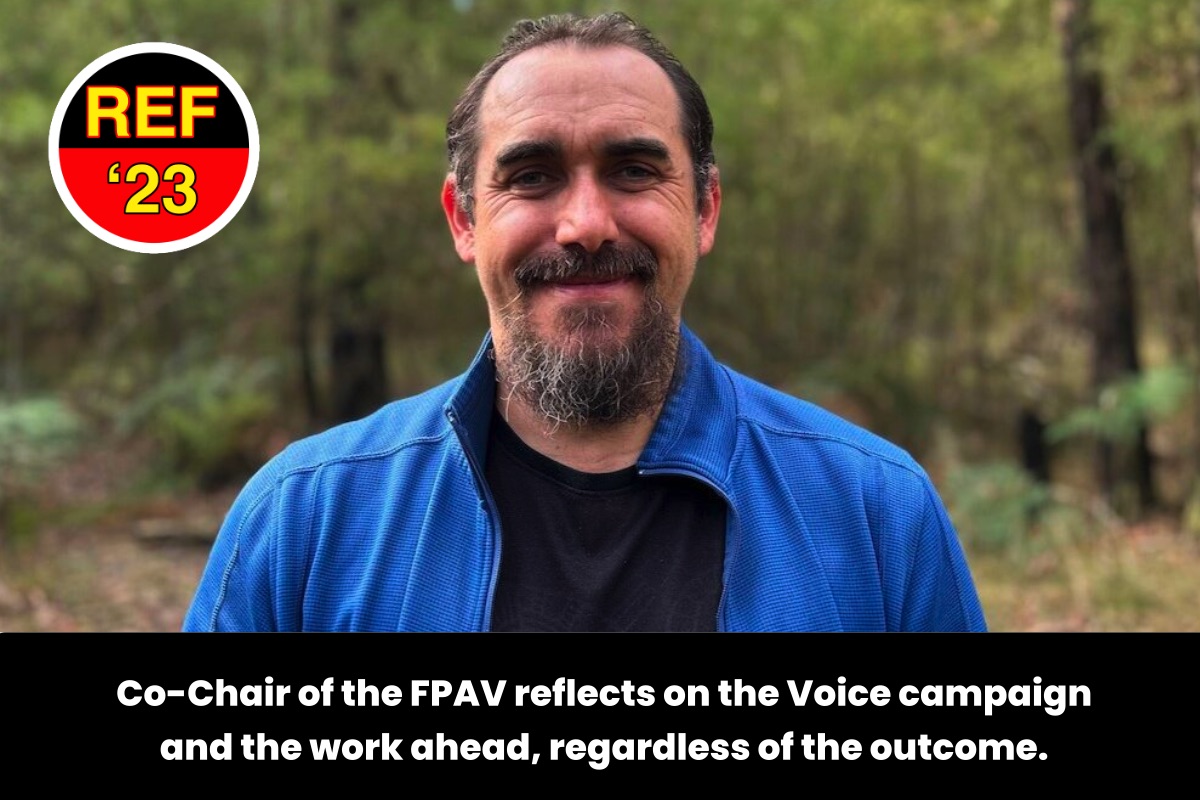
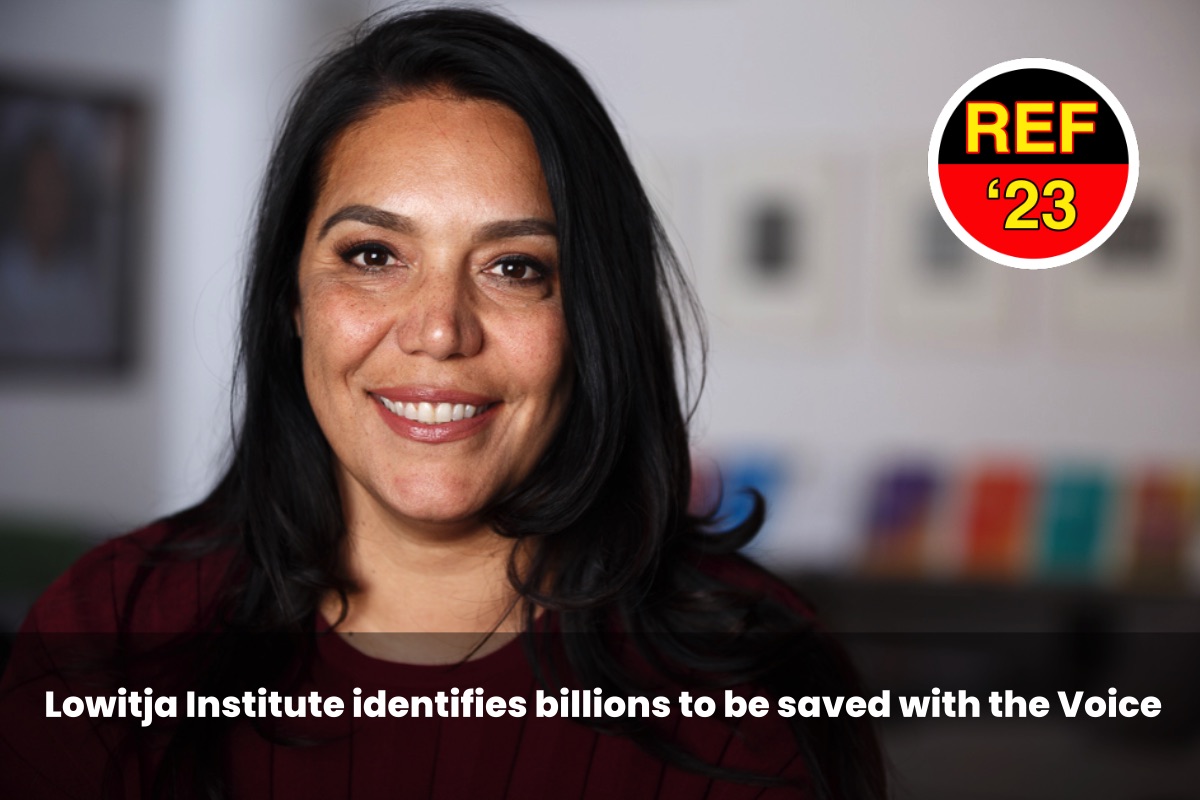
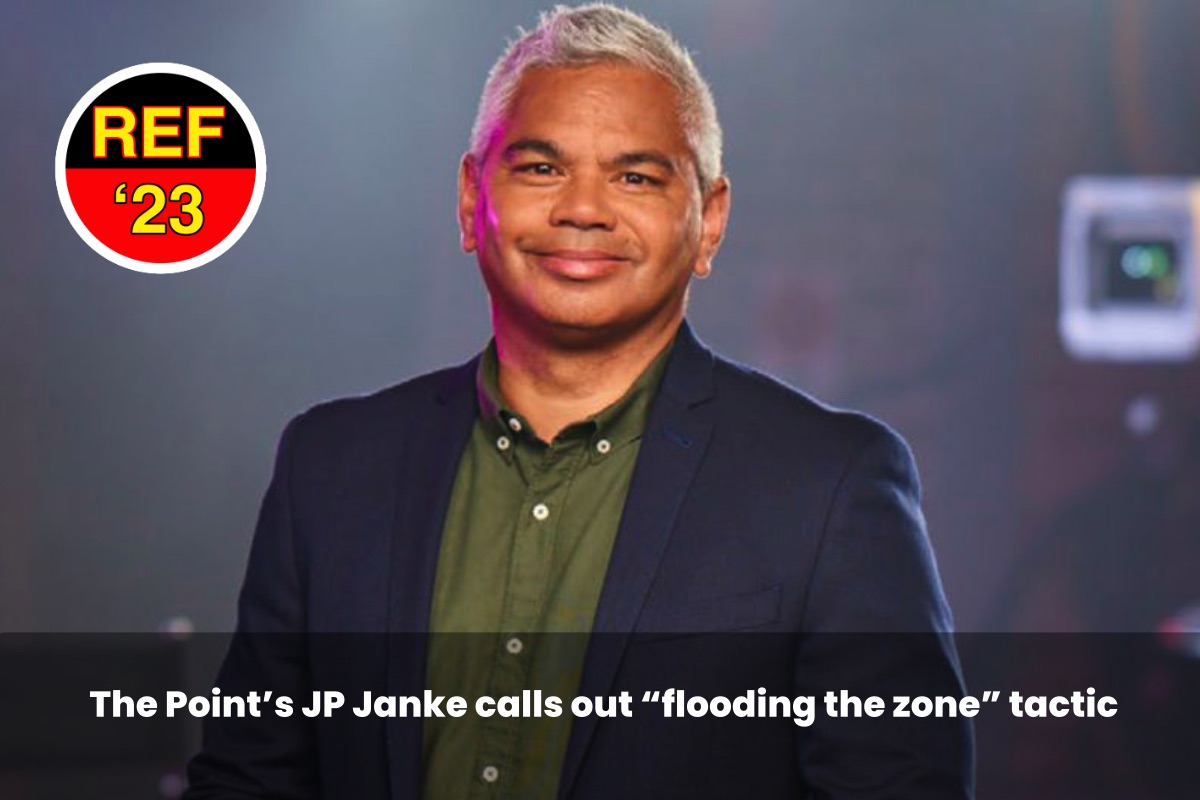
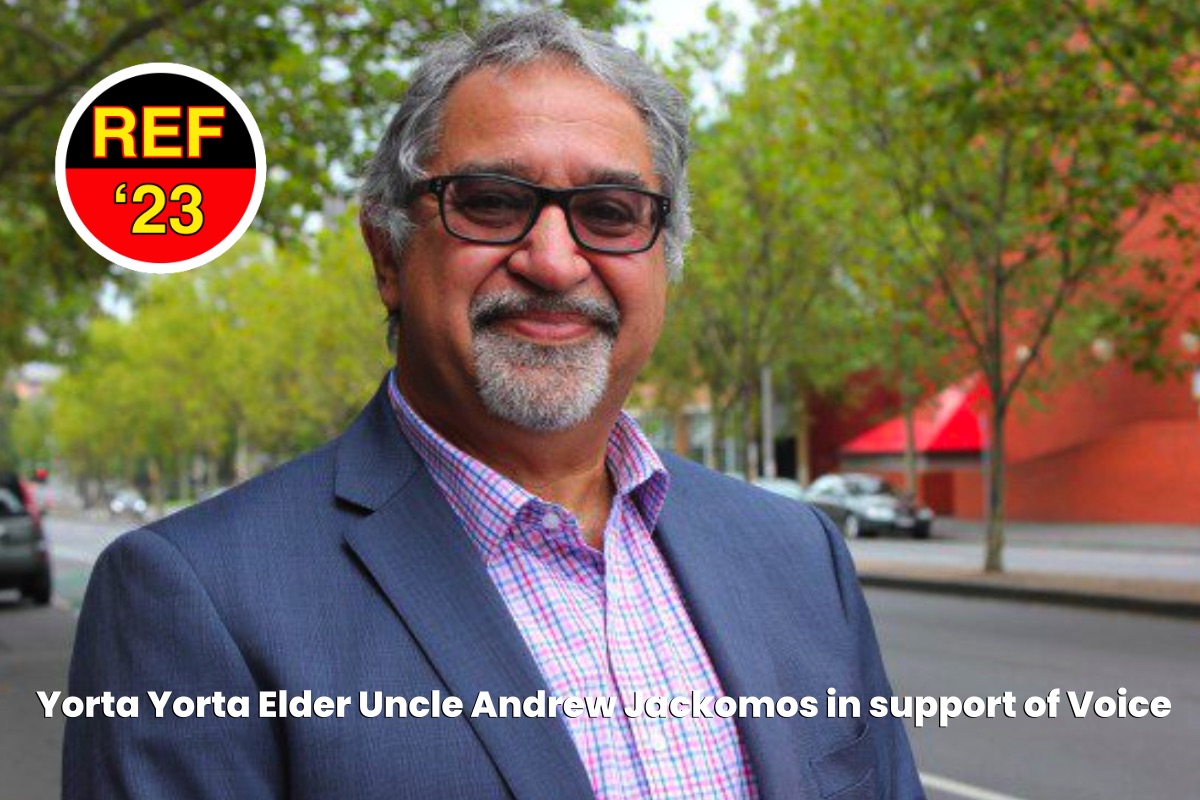
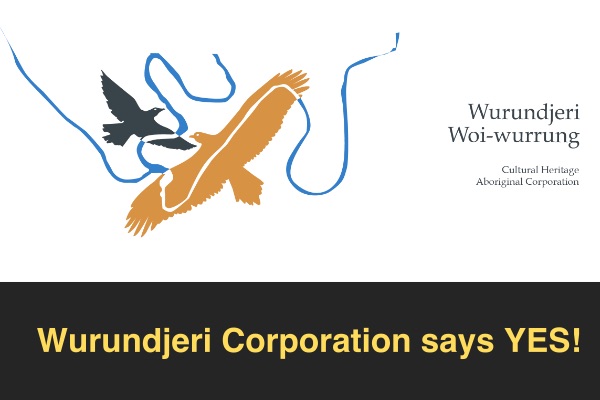

0 Comments